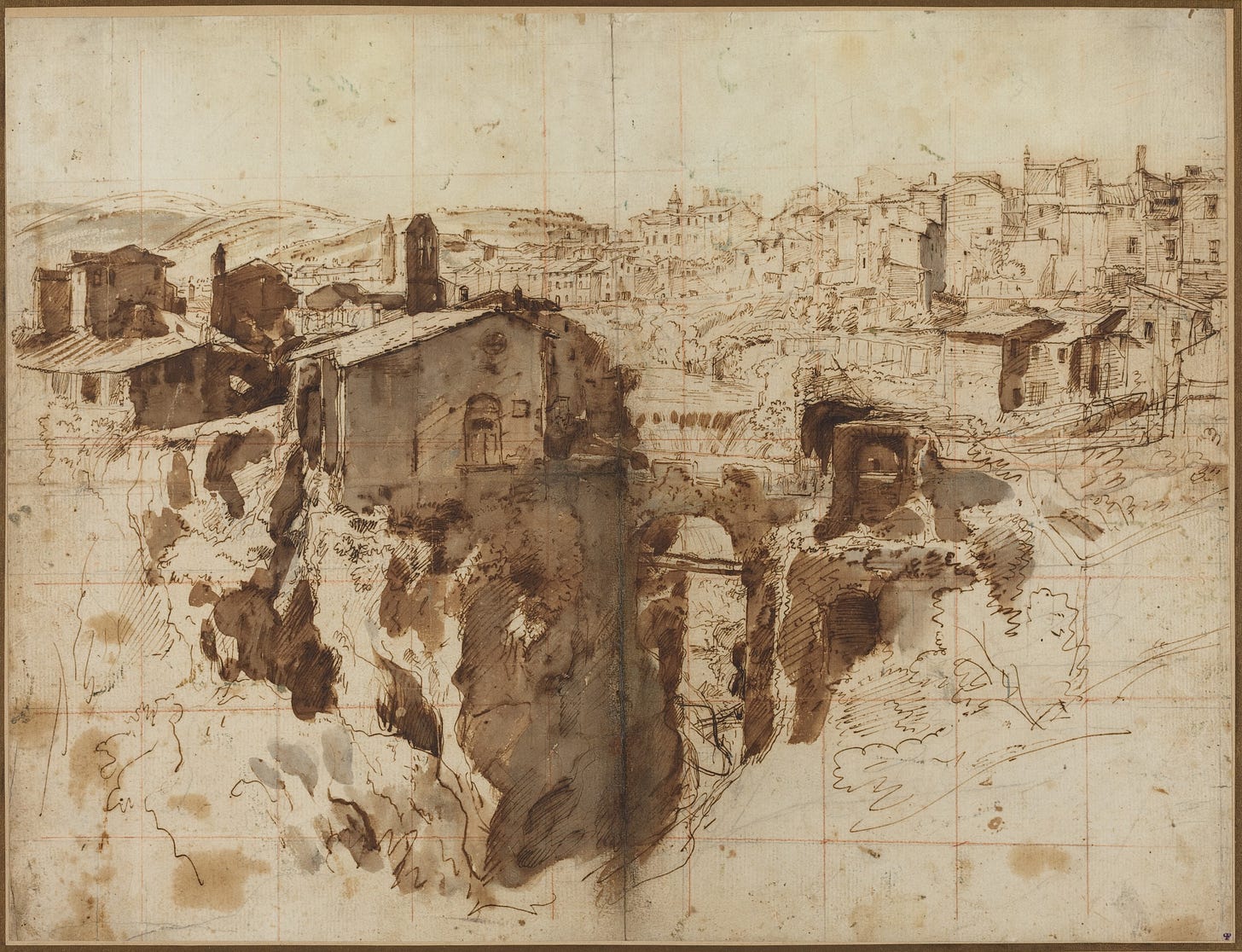This is Part IV in a series on Tocqueville’s idea of the “township” in his classic work Democracy in America. Here are Parts I, II, and III, if you’d like to read them.
During Alexis de Tocqueville’s visit to the United States, he saw many U.S. citizens as exemplars of stewardship. People cared about their places and saw those places as their responsibility. Tocqueville contrasts this active, deliberative citizenship with the practices of certain European citizens. In some countries, he writes, the average inhabitant lives thus:
“…[T]he fortune of his village, the policing of his street, the fate of his church and of his presbytery do not touch him; he thinks that all these things do not concern him in any fashion and that they belong to a powerful foreigner called the government. For himself, he enjoys these goods as a tenant, without a spirit of ownership and without ideas of any improvement whatsoever.”[1]
Many European citizens had grown passive and apathetic, in Tocqueville’s eyes. They did not see town governance or maintenance as their responsibilities. Their role in the life of the township was that of a boarder or lessee: one who expects others to fix and repair things. They had no goals for advancement, nor did they concern themselves with the work of institutional or civic repair.
In our first couple posts, we considered the habits of prudence and neighborliness and what they mean for civic health. The last virtuous habit of Tocqueville’s township, which we will consider today, is the “spirit of ownership.”
But what does it mean to embrace a “spirit of ownership” when it comes to town governance? Should more Americans run for mayor? Must we attend every town meeting? Get involved in local elections?
Keep reading with a 7-day free trial
Subscribe to Granola to keep reading this post and get 7 days of free access to the full post archives.



